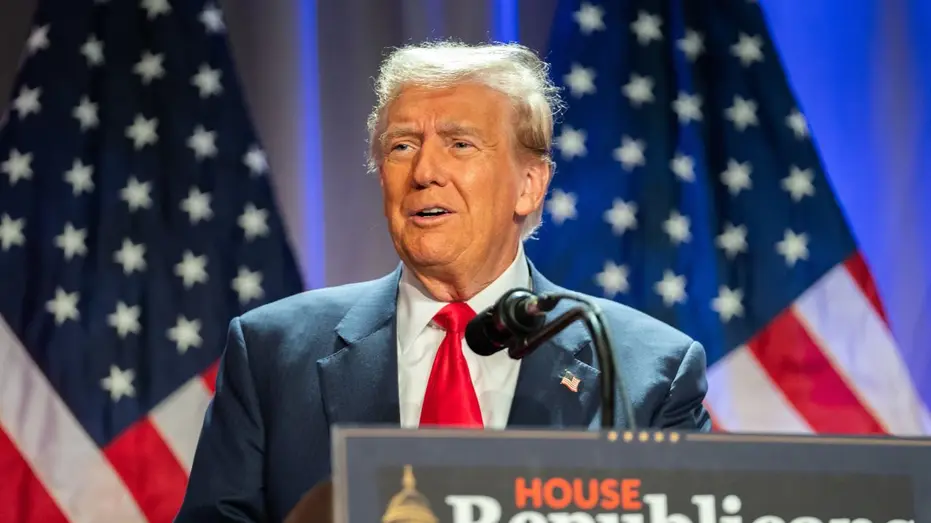In 2025, Donald Trump’s tariffs and Fed policies may affect global trade, inflation, and the cryptocurrency market.
According to reports, President-elect Donald Trump is contemplating declaring a national economic emergency to implement a universal tariff program targeting allies and adversaries. The potential introduction of these tariffs under the International Economic Emergency Powers Act (IEEPA) will result in the realignment of global trade balances.
In the interim, Federal Reserve Governor Christopher Waller addressed inflation concerns and the potential economic consequences of these tariffs. This development prompts inquiries regarding the potential impact of these policies on the cryptocurrency market.
Donald Trump’s Tariff Strategy
According to CNN, President-elect Donald Trump is contemplating the implementation of tariffs through the International Economic Emergency Powers Act (IEEPA). The tariffs are designed to rebalance global trade with a particular emphasis on the manufacturing sector in the United States. Trump’s preference for IEEPA is rooted in its adaptability, which enables its rapid implementation without requiring a comprehensive national security justification.
Advocates of tariffs contend that they could bolster the economy and restore the industrial capacity of the United States. Nevertheless, the global financial markets may be impacted by the uncertainty surrounding the scope and execution of these tariffs. This has the potential to affect the behaviour of investors in emerging sectors, such as the crypto market.
Kelly Ann Shaw, Donald Trump’s deputy assistant for international economic affairs, expressed her opinion,
“I think the president has broad authority to impose tariffs for a variety of reasons, and there are a number of statutory bases to do so.”
The Federal Reserve’s Viewpoint on Inflation and Tariffs
Simultaneously, Federal Reserve Governor Christopher Waller has addressed the potential inflationary risks of Trump’s tariff proposals. Waller observed that inflation reached a plateau in late 2024, surpassing the Federal Reserve’s 2% inflation target. However, he remains optimistic about a gradual decline in 2025. He further stated that it is improbable that persistent inflation will result from increased tariffs, thereby dissociating their potential effects from broader economic trends.
Waller declared,
“I will support further cuts in 2025, but the pace will depend on further inflation progress. I don’t expect tariffs to have a significant impact on inflation.”
Twenty-five basis points reduced interest rates by the Federal Reserve at the conclusion of 2024, and additional reductions will be contingent upon inflation. The outlook suggests that monetary policy may maintain an accommodative stance in 2025. This will facilitate the enhancement of liquidity and investment flow in financial markets, including cryptocurrencies.
The Effects of Tariffs on the Cryptocurrency Market
There is a possibility that additional funds may be directed toward the crypto market in anticipation of higher returns if the Federal Reserve continues to reduce interest rates, as anticipated by the market. Typically, these rate cuts exacerbate risk-on sentiment, so assets like cryptocurrency can capitalize on them.
Nevertheless, Donald Trump’s tariff policies could generate more extensive trade uncertainties. This may indirectly impact the crypto market by affecting global economic confidence.
Trade disruptions may decrease confidence in conventional financial systems, which could motivate a transition to decentralized digital assets such as Ethereum and Bitcoin. Conversely, the Federal Reserve may suspend or reverse rate cuts if tariffs generate unexpected inflationary pressures, which could undermine investor confidence in the cryptocurrency market.
Among the primary causes of the cryptocurrency market crash are the Federal Reserve and broader economic concerns. Risk-off sentiment has been exacerbated by the Federal Reserve’s hawkish stance and the increase in U.S. Treasury yields, which has resulted in a shift of capital away from cryptocurrencies.



